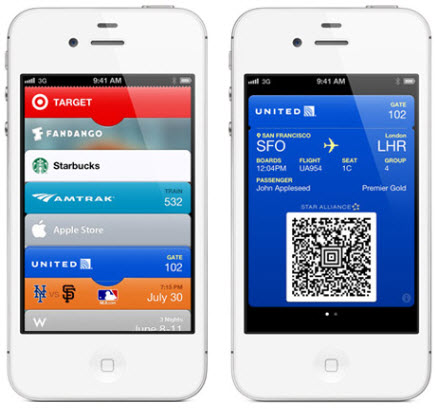
China Mobile announces plans to bring mobile commerce to 12 Chinese provinces
China Mobile, the world’s largest mobile network operator, is preparing to rollout its first mobile payments initiative in February 2013. The company has begun stockpiling NFC-enabled smart phones, provided by eight of the world’s largest smart phone manufacturers, in order to prepare for the launch of the initiative next year. The company has announced that it will introduce new NFC services to 12 provinces in China as part of its mobile commerce initiative, making its NFC-enabled mobile devices to consumers at the time of launch.
China Mobile teams with China UnionPay for initiative
The initiative represents a partnership between China Mobile and China UnionPay, a leading commerce network. The two companies are keen to address the growing demand for mobile commerce services coming from China Mobile’s more than 690 million subscribers. These consumers are eager to make purchases for goods and services using their mobile device rather than physical currency or payments cards. The common consensus is that mobile commerce platforms will be a more convenient way to conduct transactions.
NFC-enabled mobile devices to be sold late 2012 and throughout 2013
In 2013, China Mobile aims to sell more than 10 million NFC-enabled mobile devices. Many of these devices will come from Samsung, HTC, Huawei, and ZTE, and will actually be available near the end of 2012. The bulk of these devices will be sold during 2013, alongside the launch of the new mobile commerce initiative. Once the initiative is launched, China will have one of the most expansive mobile commerce infrastructures in the world.
Security precautions still unclear from China Mobile
China Mobile has not yet detailed the security measures it is taking with its mobile commerce initiative. Security remains one of the most significant issues concerning mobile commerce. Without adequate security, consumers will find their financial information at risk of theft and exploitation. In other parts of the world, concerns regarding security have served to stymie the progress of the mobile commerce industry and keep many consumers away from mobile payments entirely.
Apple turns away from NFC technology in pursuit of alternatives
Much of mobile commerce revolves around the use of NFC technology. The technology has proven itself useful in facilitating mobile transactions, but has also been the target of criticism because of its perceived security faults. Some of the potential problems that can be found with NFC technology were reason enough for Apple to abandon NFC in pursuit of alternatives. Apple received harsh criticism for its decision to not include NFC technology with the new iPhone 5, but the company may still have a trick up its sleeve concerning mobile commerce.
Passbook provides consumers with services concerning aspects beyond mobile transactions
Mobile commerce is often conceptualized simply as the payment for goods or services using a mobile device. There are many facets to the world of mobile commerce, however, some of which are embodied by Apple’s Passbook. Passbook is a mobile application that was introduced with iOS 6, Apple’s latest operating system. The application allows consumers to receive, manage, and use special offers they receive from retailers and loyalty programs.
Passbook proves popular with businesses and consumers
Passbook has already proven to be popular with consumers and businesses alike. Though the application cannot facilitate mobile payments, it can foster a connection between consumers and businesses and address some of the less-known aspects of mobile commerce. Indeed, Passbook is part of Apple’s new approach to mobile commerce and may be one of the company’s strongest weapons when it eventually confronts large names in the rapidly growing industry.
Apple unable to compete with Google and Isis until alternative to NFC technology found
Apple has adopted a slow and steady approach to mobile commerce that has cost it a strong position in the industry today. Because the company has chosen to forgo the use of NFC technology, it is unable to compete with Google and Isis. Though Passbook ensures that Apple retains a modest presence in the mobile commerce industry, the company will not be able to compete at the same level as Google and Isis until it can find a way to facilitate mobile transactions that does not rely on NFC technology.



